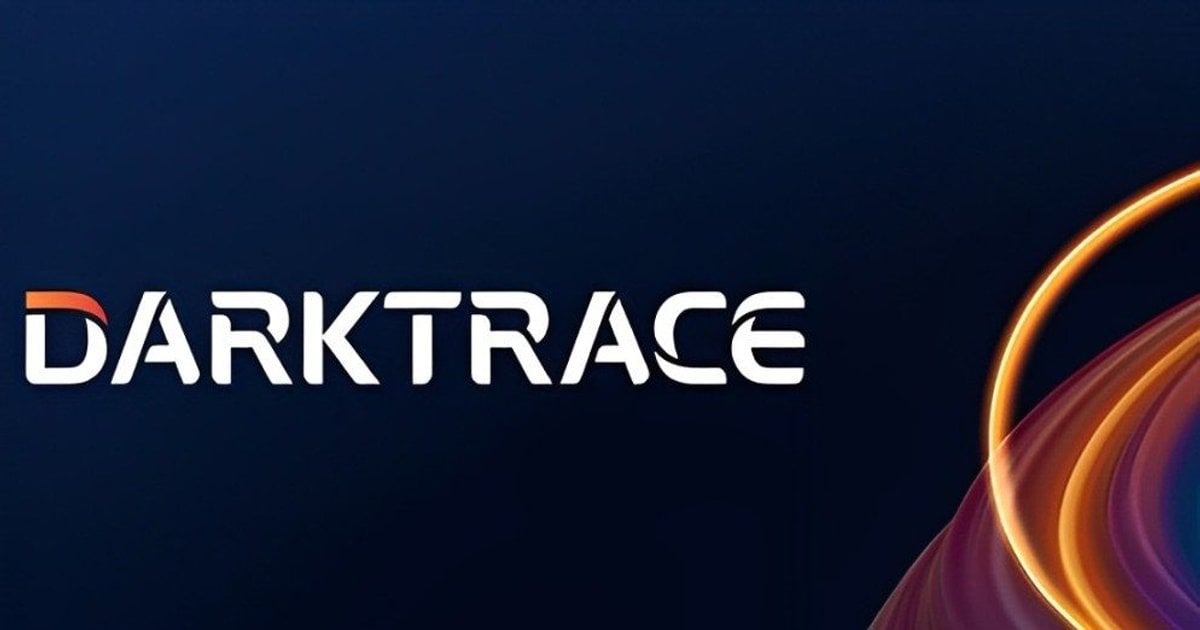- Cyber Safety
- Posts
- 2,915 Weekly Attacks: Why APAC Businesses Must Stay Vigilant
2,915 Weekly Attacks: Why APAC Businesses Must Stay Vigilant

A critical security vulnerability in Microsoft Bing, identified as CVE-2025-21355, has raised alarms for users and organizations worldwide. This flaw, lacking an essential authentication mechanism, allowed attackers to execute remote code without any user interaction, posing significant risks such as:
• Unauthorized access through unverified network requests.
• Potential backend system compromises and manipulation of search results.
• Exfiltration of sensitive data, especially for businesses integrated with tools like Microsoft 365.
Microsoft quickly addressed the issue by February 19, 2025, with no action required from users, and directly notified affected customers. The vulnerability underscores the ongoing challenges of securing complex cloud services and emphasizes the need for rigorous monitoring and robust defenses.
As cyber threats evolve, vigilance remains crucial for organizations navigating this landscape, highlighting the importance of a zero-trust approach to security.
/smstreet/media/media_files/WIxmi92PfZETTTC9o0h9.jpg)
Check Point has shed light on the alarming rise of cyberattacks in the APAC region, with organizations facing an average of 2,915 attacks weekly—well above the global average. At the recent CPX 2025 event in Bangkok, Check Point emphasized a proactive approach to cybersecurity through AI-driven innovations and a hybrid mesh security strategy. Key takeaways include:
• 52% of malicious files stem from web-based attacks, highlighting a spike in phishing incidents.
• Ransomware now accounts for 6.3% of cyber incidents in APAC, up from 4% globally.
• Education, healthcare, and government sectors are the most targeted, with striking weekly attack rates.
CEO Nadav Zafrir stressed that AI is both a threat and a defense, prompting Check Point to embed AI across their security systems. As they prepare for future challenges, Check Point is committed to offering state-of-the-art protection to keep businesses resilient in an evolving cyber landscape.

OpenSSH, a popular tool for secure remote access, is facing serious cybersecurity threats due to two recently discovered vulnerabilities: CVE-2025-26465 and CVE-2025-26466. These flaws expose millions of systems to potential attacks, risking data breaches and operation disruptions. Here’s what you need to know:
• CVE-2025-26465: Enables attackers to fake an SSH server, compromising identity verification and allowing session hijacking.
• CVE-2025-26466: Creates a Denial-of-Service (DoS) vulnerability, flooding resources and crashing servers before user authentication.
To protect against these threats, users are urged to update to OpenSSH 9.9p2, disable VerifyHostKeyDNS, reinforce security configurations, and monitor SSH usage closely. These vulnerabilities highlight the importance of regular software updates and proactive security measures. As cyber threats evolve, staying aware and vigilant is crucial to safeguarding vital infrastructures—don’t wait for a breach to act!

Darktrace's 2024 Annual Threat Report reveals a startling rise in cybercrime, with Malware-as-a-Service (MaaS) now driving 57% of cyber threats. This trend indicates a shift toward Cybercrime-as-a-Service (CaaS), empowering even novice attackers to launch sophisticated attacks. Key highlights include:
• 17% increase in MaaS-driven attacks in late 2024.
• Remote Access Trojans (RATs) surged from 12% to 46% of all campaign activities.
• 30.4 million phishing emails detected in one year, with many using advanced tactics to evade security filters.
As cybercriminals exploit vulnerabilities in edge devices and legitimate software, traditional security measures struggle to keep pace. Darktrace emphasizes the importance of proactive cybersecurity, advising businesses to enhance email security, strengthen edge defenses, implement multi-factor authentication, and invest in AI-driven threat detection. With the threat landscape evolving rapidly, organizations must prioritize cyber resilience to stay ahead of their adversaries.